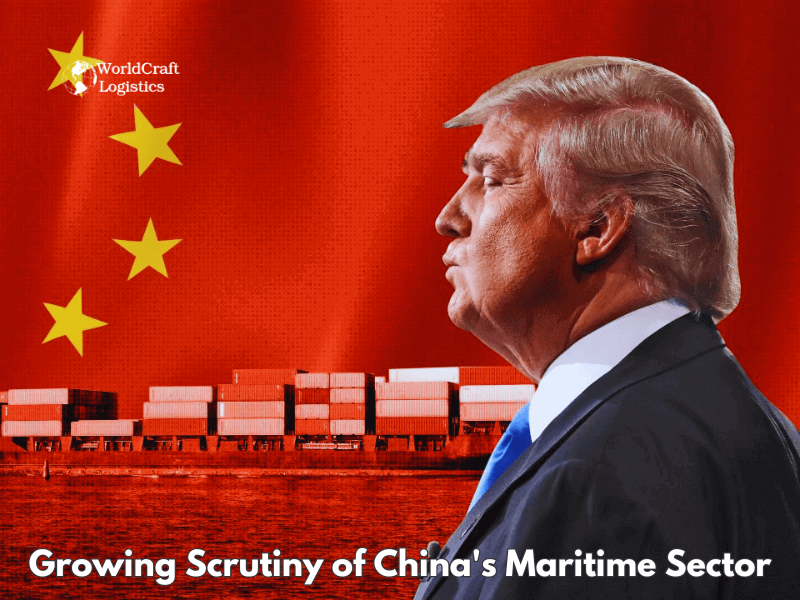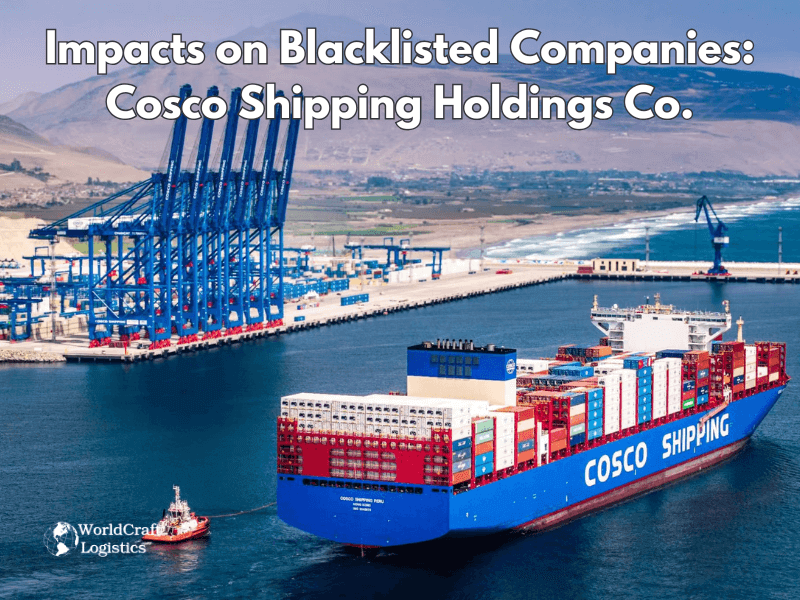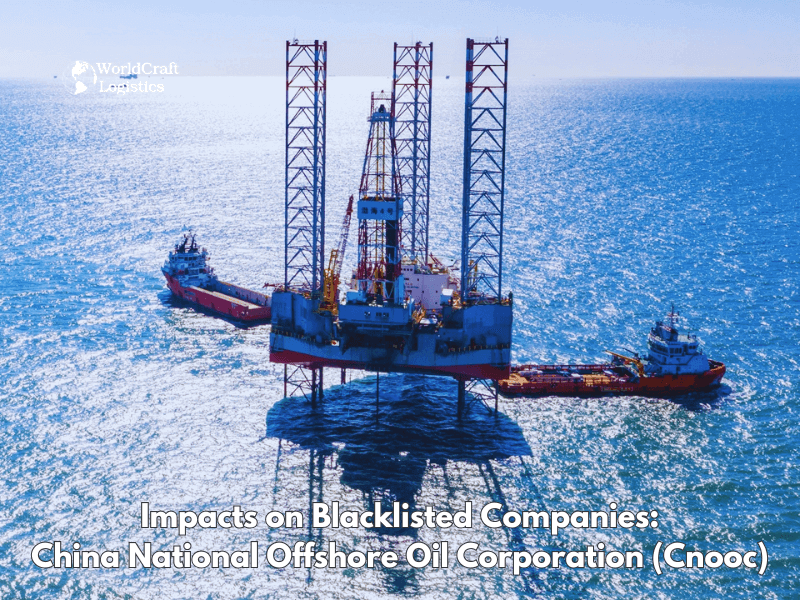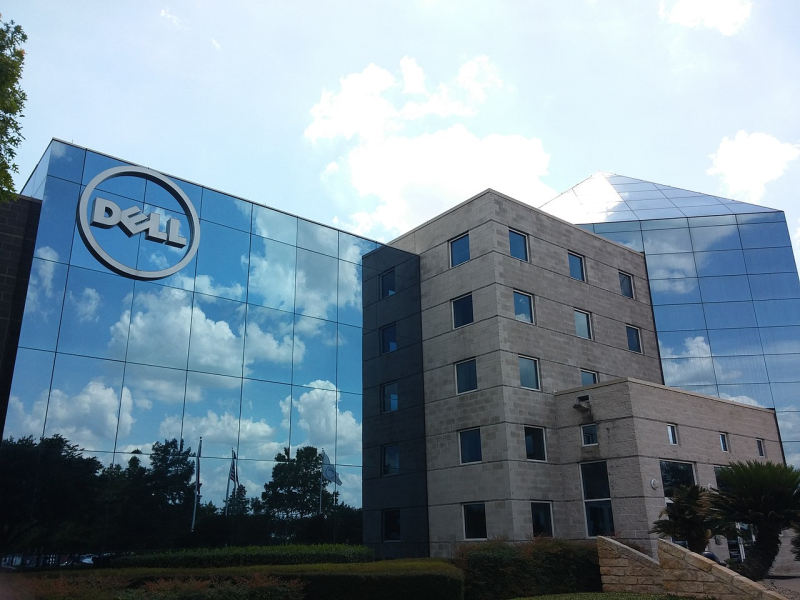
Starting June 1st, 2023 Our warehouse fee will be $0.65/cubic foot per month
In effort to lower the warehouse storage fee during inflation, we have went narrow aisle racking.This construction took us four months but the project is finally completed. With narrow aisle racking, we are able to drop storage by 24%.We as partners will go through this inflation together.
01/07/2025
The United States has taken a significant step by blacklisting China’s largest shipping line, Cosco Shipping Holdings Co., along with two major shipbuilders, China State Shipbuilding Corp. and China Shipbuilding Trading Co. The companies have been identified as "Chinese military companies" by the Pentagon, according to a Federal Register filing on Tuesday.
While the blacklist does not impose direct penalties, it discourages U.S. firms from engaging with these entities. The move reflects a broader strategy by Washington to address concerns surrounding China's vast maritime and shipbuilding sectors.
Related post:
👉Trump's Presidential Victory: Implications for Global Supply Chains
👉China's e-commerce exports and unreliable Red Sea shipping promote air freight
👉 COSCO Shipping Inks Deal for 6 New Container Ships in RMB Settlement

This action signals increasing scrutiny of marine transport and shipbuilding as geopolitical tensions rise. China dominates the global shipbuilding industry, producing over half of the world's merchant vessels. By contrast, the U.S. shipbuilding sector has significantly declined over recent decades.
Chinese shipbuilders held a commanding 60% share of the global orderbook in early 2023, according to shipbroker BRS. This dominance has raised alarm in Washington, especially as shipping lines and ports become critical in geopolitical competition. The COVID-19 pandemic further exposed vulnerabilities in global supply chains, amplifying concerns about over-reliance on Chinese maritime infrastructure.
During Senate hearings last year, U.S. lawmakers expressed unease over China's dominance in shipbuilding. Raja Krishnamoorthi, a Democratic congressman, highlighted a stark comparison: the U.S. builds only one container ship for every 359 constructed by China.
This disparity underscores the growing strategic importance of the maritime sector. By targeting China's largest shipping and shipbuilding firms, the U.S. aims to curb Beijing’s influence in global trade and logistics.
Cosco, China’s largest shipping line, has faced sanctions from the U.S. in the past. In 2019, it was penalized for transporting Iranian oil, though those sanctions were lifted in 2020. Following the recent blacklisting, Cosco's shares dropped by as much as 4.4% in Hong Kong, underperforming the city’s benchmark stock index.

Cnooc, another company included in the blacklist, is a Chinese oil major with significant investments in the U.S. It has two onshore shale oil and gas projects, two deepwater projects, and interests in multiple exploration blocks in the Gulf of Mexico.
Analysts speculate that rising tensions with Washington could prompt Cnooc to reevaluate its U.S. assets. The company has a history of sanctions, including being blacklisted by the Pentagon in 2021. Cnooc shares fell by 1.6% on Tuesday following the announcement.

In addition to targeting maritime and energy firms, the Pentagon’s latest blacklist includes prominent tech companies Tencent Holdings Ltd. and Contemporary Amperex Technology Co. Ltd. These actions illustrate the U.S.'s growing focus on curbing China’s influence across multiple industries.
The blacklisting highlights the intensifying competition between the U.S. and China, particularly in sectors critical to global trade and national security. China's maritime dominance and the U.S.'s diminishing shipbuilding capabilities create a strategic imbalance that Washington is eager to address.
As geopolitical tensions escalate, industries such as marine transport, shipbuilding, and energy are likely to remain in the spotlight, shaping future U.S.-China relations.
SEO
Digital Marketing/SEO Specialist
Simon Mang is an SEO and Digital Marketing expert at Wordcraft Logistics. With many years of experience in the field of digital marketing, he has shaped and built strategies to effectively promote Wordcraft Logistics' online presence. With a deep understanding of the logistics industry, I have shared more than 500 specialized articles on many different topics.

Hot News
08/05/2024

Hot News
02/23/2023

Hot News
02/23/2023

Hot News
02/06/2023
Hot News
02/07/2023